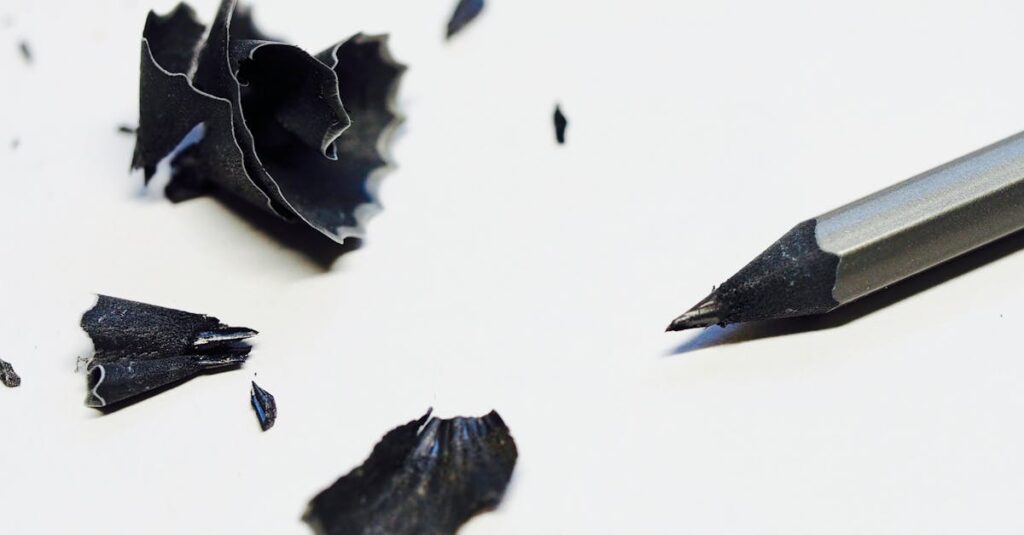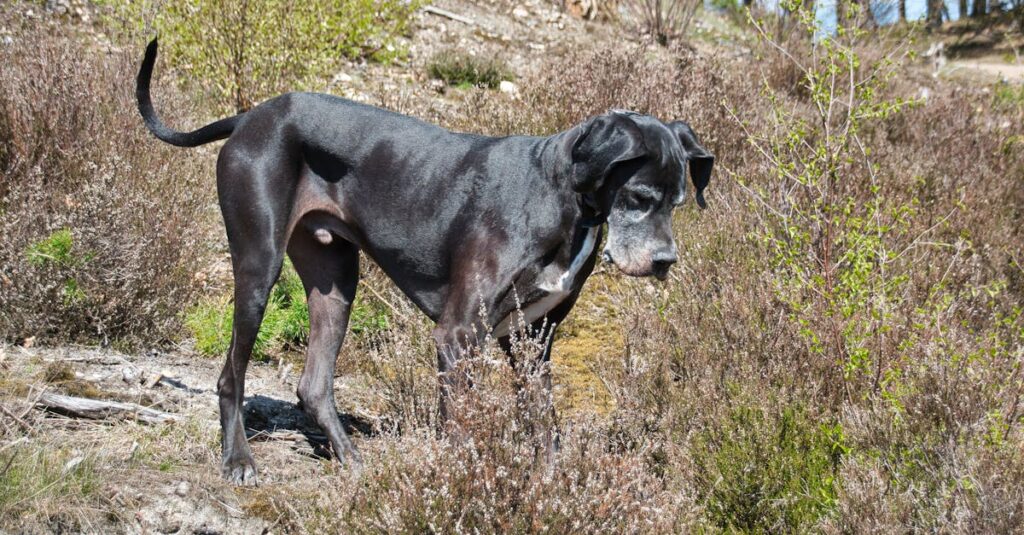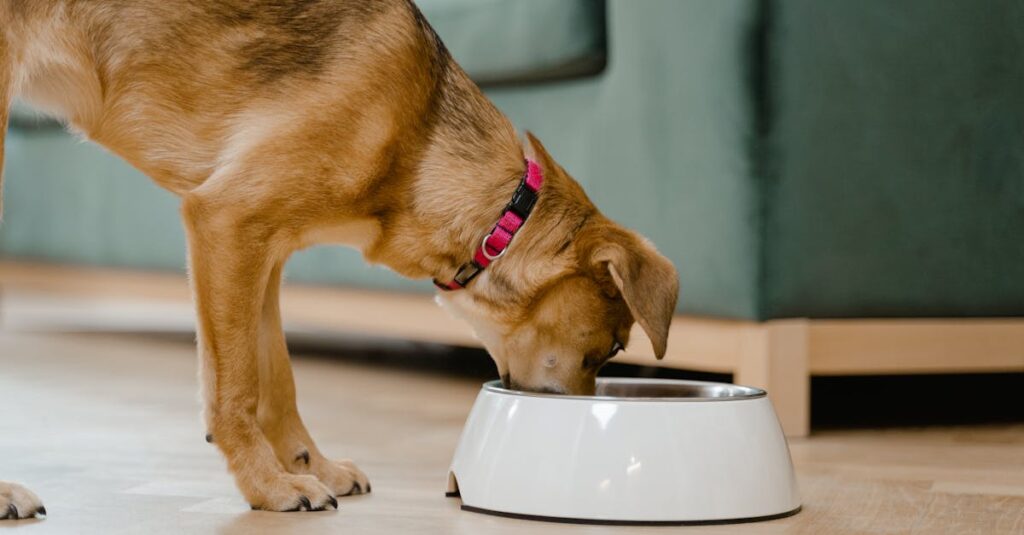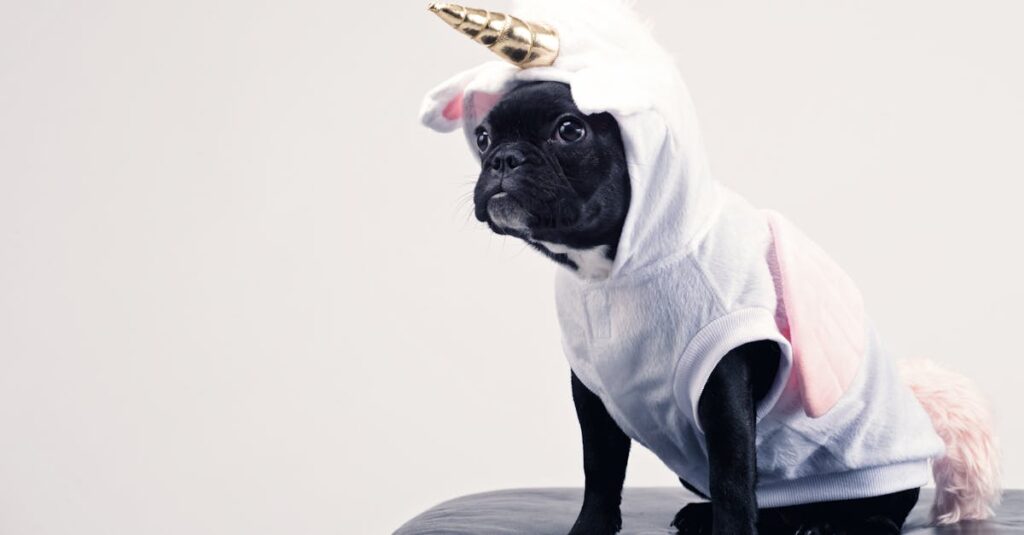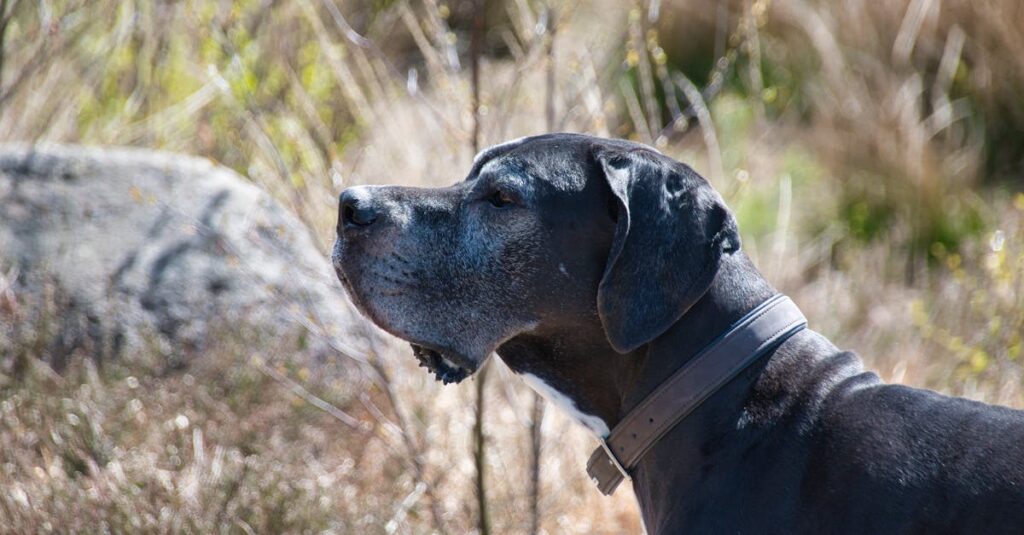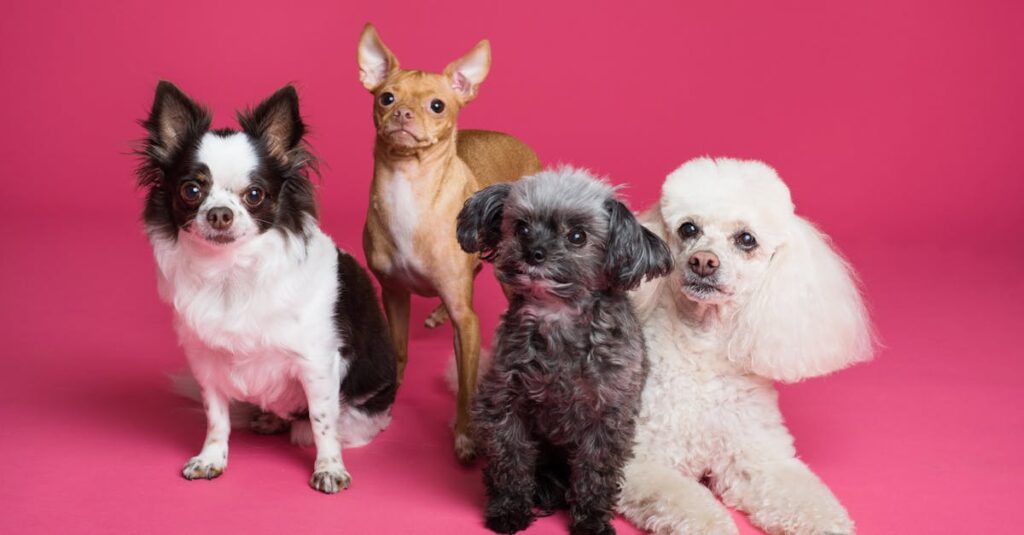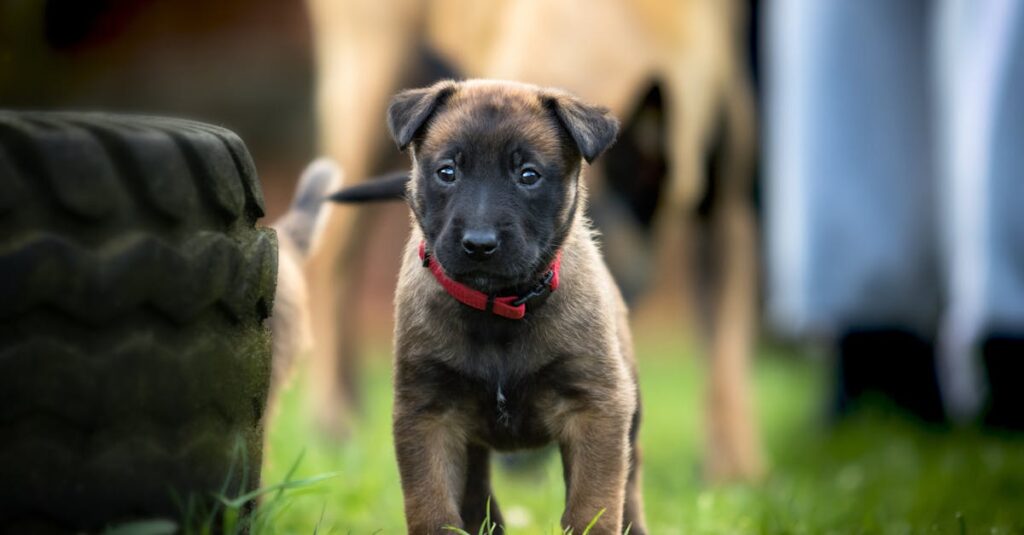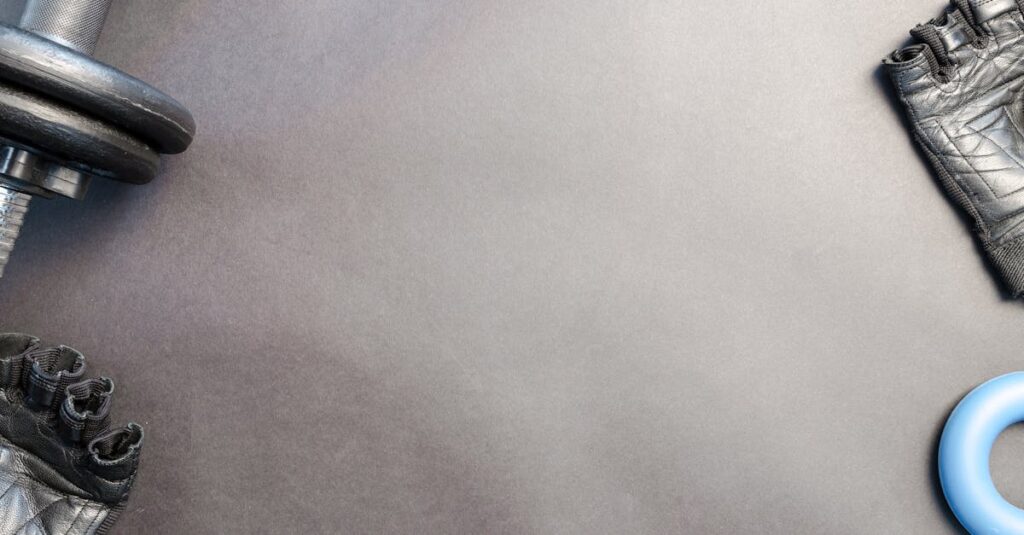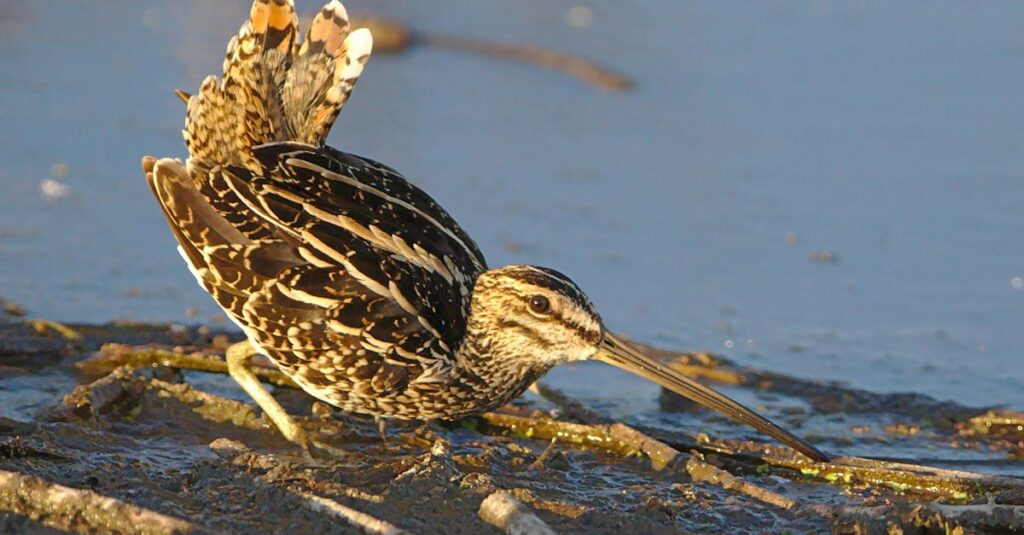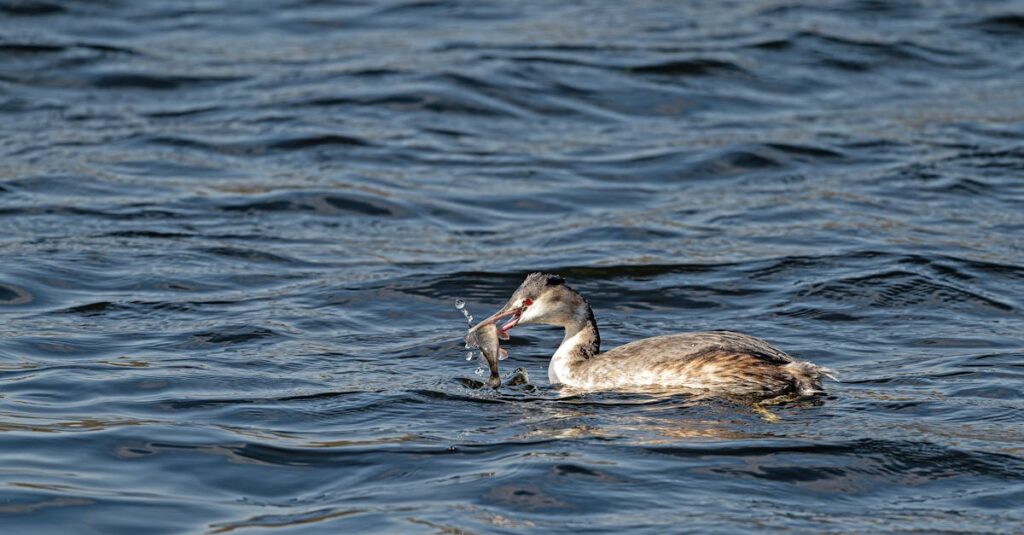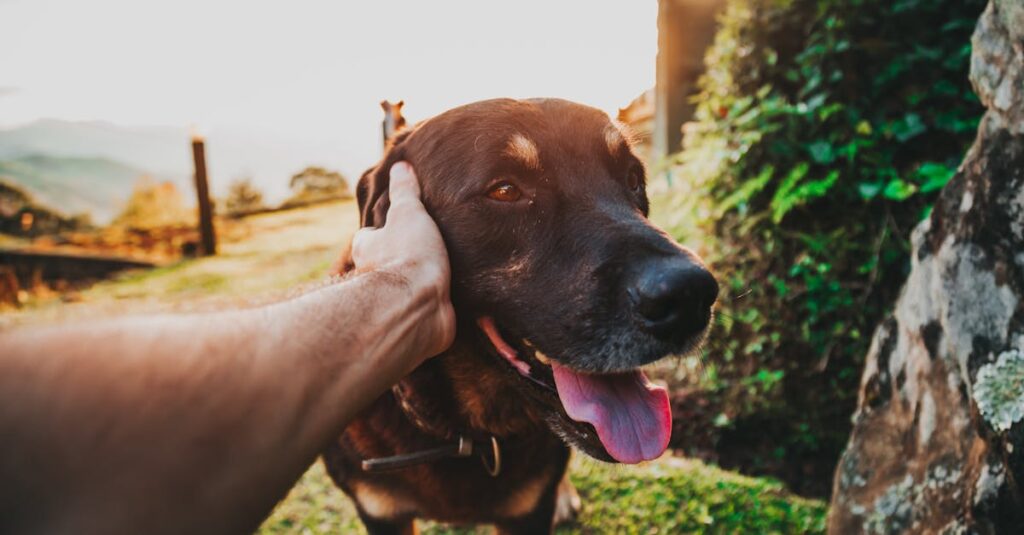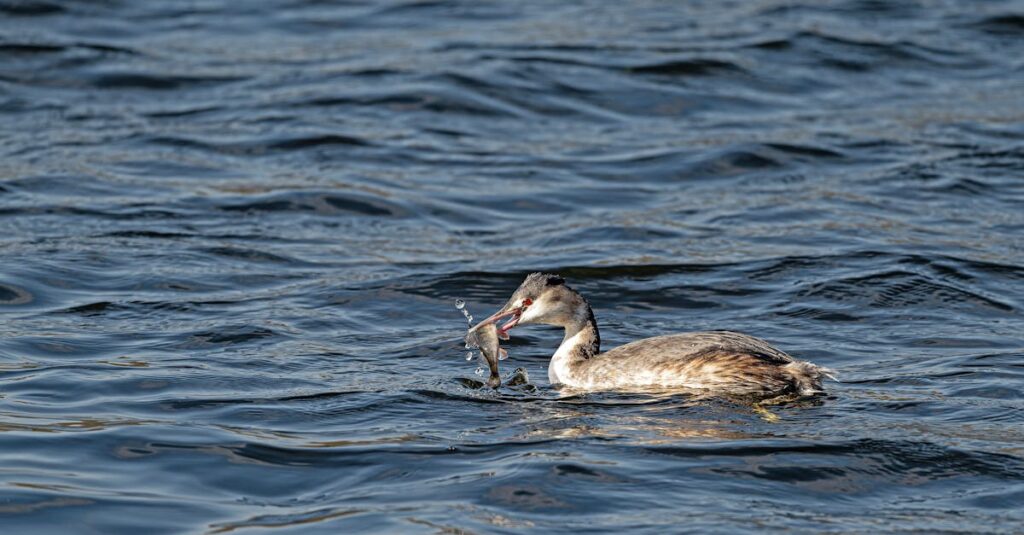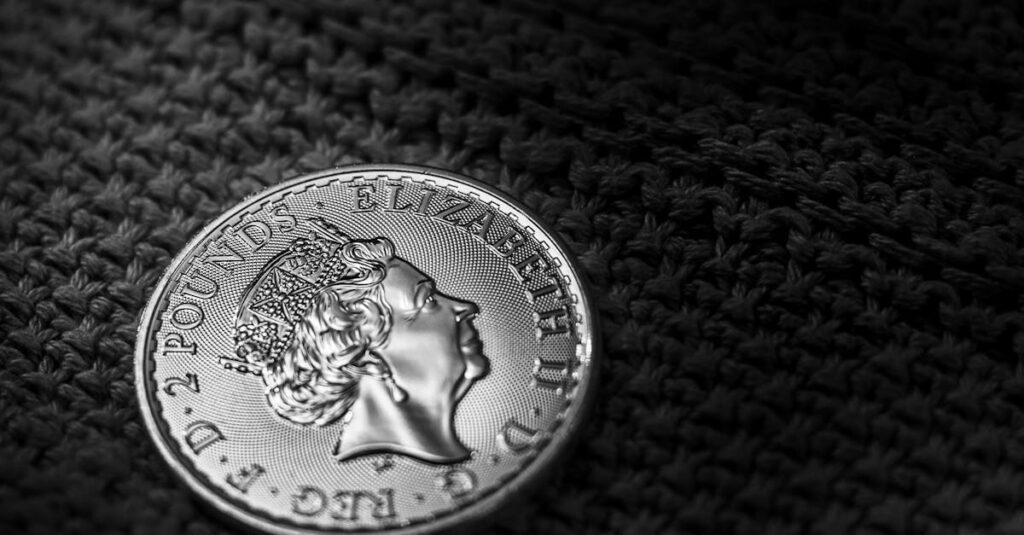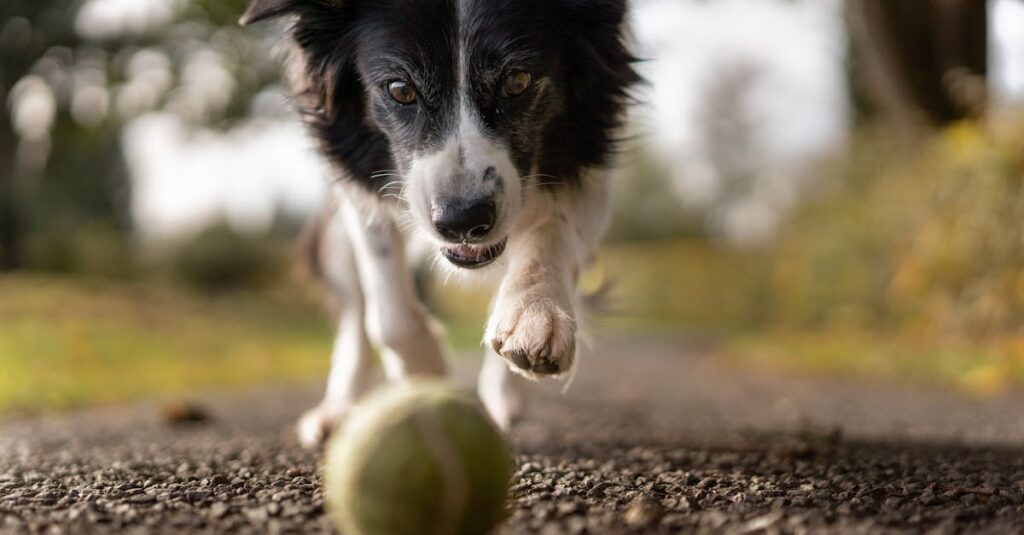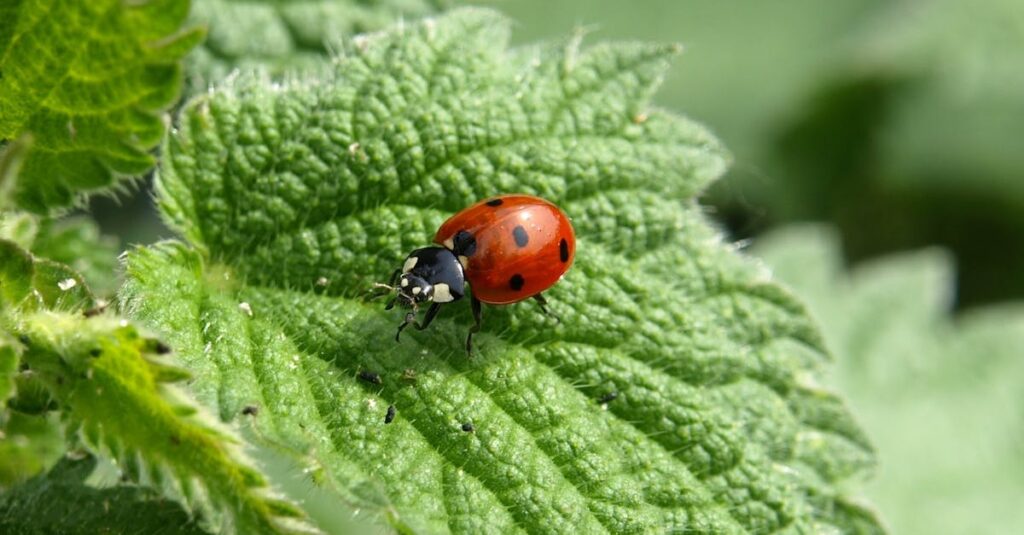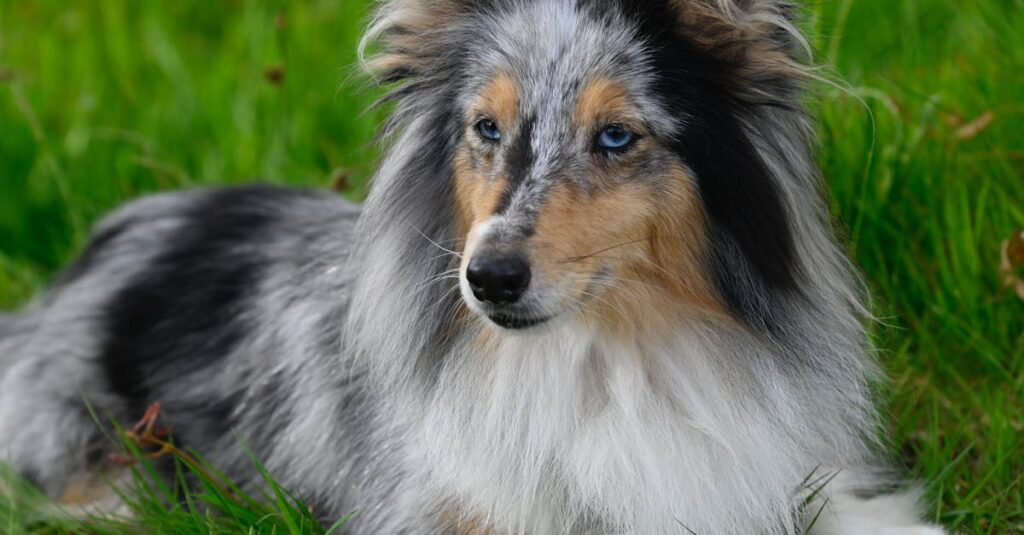When your Great Dane develops a persistent unpleasant odor despite regular grooming, it’s not just an inconvenience—it could signal underlying health issues. Often, pet parents spot the smell and try multiple shampoos or sprays without success, which only worsens frustration. The key to freshening up your gentle giant lies in understanding the root causes of the odor and addressing them effectively. In this guide, I’ll walk you through the most common reasons why your Great Dane smells so bad and share practical solutions to bring back that clean, lovable scent.
Top Reasons Why Your Great Dane Smells So Bad and How to Tackle Them
Great Danes have a friendly, calm temperament and a luxurious coat, but their size and specific health issues can sometimes lead to persistent odors. Let’s examine the main culprits behind that unpleasant smell.
1. Skin Infections: The Leading Cause of Dog Odor 🐾
Skin infections are the primary source of bad odors in dogs and the leading cause for vet visits related to smell. For Great Danes, who have thicker skin and coats, the problem worsens in warm, humid conditions or after swimming or bathing. You might notice:
- 🦠 Yeasty or musty smell
- 🖐️ Excessive scratching or licking
- 🩹 Hair loss or inflamed skin patches
- 🔥 Red, irritated areas or ear inflammation
Underlying allergies, parasites, or hormonal imbalances frequently trigger these infections. Without proper treatment, the smell lingers no matter how often you bathe your dog with brands like Burt’s Bees or Vet’s Best. To combat this, I recommend consulting your vet for targeted treatment—usually antibiotics or medicated shampoos—and exploring allergy-sensitive diets such as those offered by Nourish Dog.
| Symptom 🚨 | What It Means | Recommended Action |
|---|---|---|
| Yeasty odor | Fungal skin infection | Medicated baths & vet assessment |
| Scratching & licking | Skin irritation or parasites | Parasite control & anti-inflammatory meds |
| Hair loss & red patches | Allergic reaction or hot spots | Hypoallergenic diets & vet treatment |
2. Ear Infections: Keep Those Floppy Ears Fresh! 👂
Great Danes may develop ear infections due to trapped moisture in their ears, especially after swimming or rainy walks. You’ll recognize this problem if your dog frequently shakes their head or scratches their ears, coupled with a foul odor.
- 👃 Smelly discharge or dark wax buildup
- 🤕 Sensitivity or pain when touching ears
- 🦟 Often linked to allergies or water exposure
Regular ear cleaning with vet-approved products like Zymox or Arm & Hammer ear cleansers can prevent infections. If you notice persistent foul smells, a vet visit is vital to avoid long-term damage. Remember, don’t use human ear products—they disrupt your dog’s ear pH and worsen infections.
| Sign 🛎️ | Possible Cause | Prevention or Treatment |
|---|---|---|
| Head shaking | Ear discomfort | Clean ears regularly with vet products |
| Smelly or dark discharge | Ear infection | Vet diagnosis & medicated ear drops |
| Itching | Allergy or infection | Allergy management & vet care |
3. Anal Gland Issues: That Notorious Fishy Odor 🐟
The distinctive fishy smell that sometimes hits you when near your Great Dane often originates from their anal glands. These sacs naturally release strong-smelling fluid when the dog defecates or is stressed. If blocked or infected, they can cause persistent foul odors and discomfort.
- 👅 Frequent licking or scooting on the floor
- 😖 Signs of pain or swelling near the anus
- 💦 Discharge or ruptures in severe cases
Regularly expressing the anal glands—either by a professional groomer or your vet—can control the odor. Using products like PetFresh wipes can help keep the area clean between appointments. If you notice severe symptoms, immediate veterinary attention is essential to prevent infection and discomfort.
| Symptom 🔍 | Cause | Recommended Care |
|---|---|---|
| Fishy odor | Full or impacted anal glands | Manual expression by vet/groomer |
| Scooting & licking | Irritation or discomfort | Hygiene & veterinary checkup |
| Swelling or discharge | Infection or rupture | Immediate vet treatment |
4. Digestive Issues: How Tummy Troubles Affect Your Dane’s Smell 💨
Gastrointestinal disorders like food allergies, parasites, or inflammatory bowel disease can cause bad breath, excessive gas, and diarrhea, all contributing to a foul-smelling dog. Often, symptoms include:
- 🤢 Nausea or vomiting
- 💨 Flatulence with strong odors
- 💩 Diarrhea or abnormal stools
Switching to sensitive-stomach treats like Doggie Dailies may soothe minor issues. However, persistent symptoms beyond 48 hours require vet evaluation. Treating underlying digestive problems restores both odor and health.
| Symptom 🔔 | Likely Diagnosis | Suggested Actions |
|---|---|---|
| Bad breath | Digestive upset or dental disease | Vet check & dental care |
| Gas | Food intolerance or allergies | Diet change & vet consultation |
| Diarrhea | Infection, parasites, IBD | Fecal exam & medication |
5. Dental Disease: The Hidden Source of Odor in Your Great Dane 🦷
Surprisingly, over 80% of dogs older than three suffer from dental issues, often unnoticed until breath becomes foul. Dental disease causes bacterial buildup, leading to:
- 🦴 Halitosis (bad breath)
- 🤕 Discomfort chewing or pawing at mouth
- 🩸 Inflamed, bleeding gums
Regular dental care is essential. I always tell dog owners to brush their dog’s teeth daily using specific toothpastes and tools recommended by their vet—brands like PetSafe offer excellent options. Professional cleanings under anesthesia will eliminate advanced dental disease and curb odors effectively.
| Dental Symptom ⚠️ | Cause | Care Tips |
|---|---|---|
| Bad breath | Dental plaque & bacteria | Daily brushing & vet cleaning |
| Difficulty eating | Tooth pain or decay | Vet dental exam & treatment |
| Gum inflammation | Periodontal disease | Preventive dental care |
Practical Tips to Keep Your Great Dane Smelling Fresh and Healthy
- 🛁 Use dog-specific shampoos like Pawsitively Clean or Nature’s Miracle that target odor-causing bacteria without drying out the skin.
- 👂 Regularly clean and dry ears with vet-approved products.
- 🧼 Maintain anal gland hygiene with periodic checks and cleaning.
- 🥩 Feed high-quality, allergy-friendly food from brands like Nourish Dog or Doggie Dailies.
- 🦷 Brush your dog’s teeth daily using tools from PetSafe.
- 🚿 Avoid over-bathing, which can strip natural oils and worsen skin infections.
- 🏥 Schedule regular vet check-ups to catch and treat infections early.
With these strategies, your Great Dane smell so bad problem can become a thing of the past, restoring both your dog’s comfort and your household’s freshness. Remember, persistent odors are often clues to underlying health concerns—address them early for a happier, healthier companion.
Frequently Asked Questions about Great Dane Odors
- 🌟 Q: How often should I bathe my Great Dane to avoid bad smells?
A: Typically once a month with a dog-specific shampoo is sufficient, but avoid over-bathing as it can dry out your dog’s skin and cause odor issues. - 🌟 Q: Can diet really affect my dog’s smell?
A: Absolutely. Food allergies or poor-quality food often cause skin and digestive issues that lead to bad odors. - 🌟 Q: Are there safe DIY remedies to remove bad dog odor?
A: It’s best to avoid homemade remedies or human products. Use vet-recommended solutions like Nature’s Miracle or PetFresh specifically made for dogs. - 🌟 Q: What signs indicate I should see a vet about my dog’s odor?
A: Look for persistent smell despite bathing, skin redness, scratching, ear discharge, or unusual behavior like scooting – these warrant prompt vet attention. - 🌟 Q: Can dental care really improve my Great Dane’s smell?
A: Yes, dental health has a major impact on odor. Regular brushing and professional cleanings drastically improve breath and overall odor.








